School Subjects
biology
FindSlide.org - это сайт презентаций, докладов, шаблонов в формате PowerPoint.
Email: Нажмите что бы посмотреть
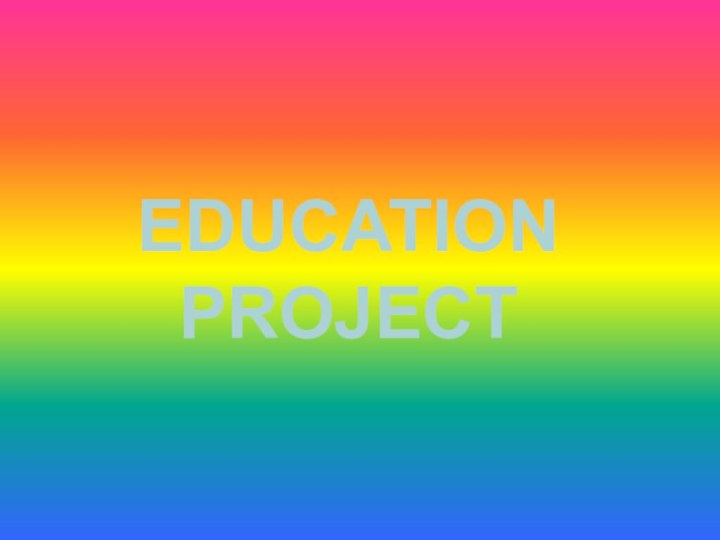

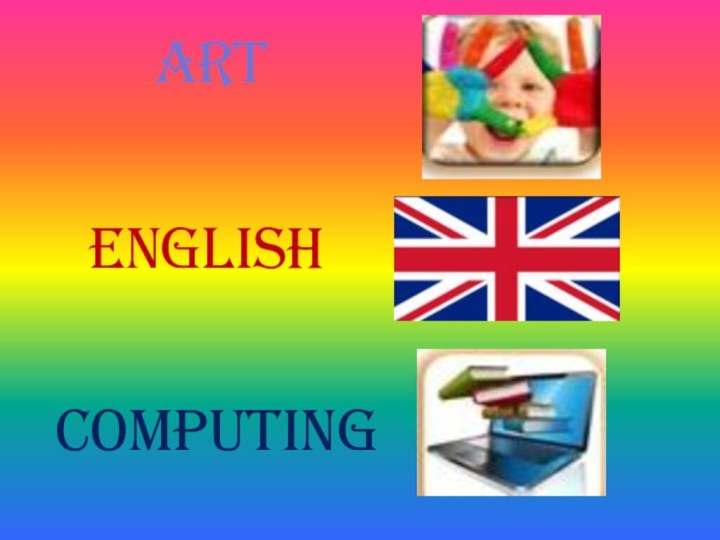
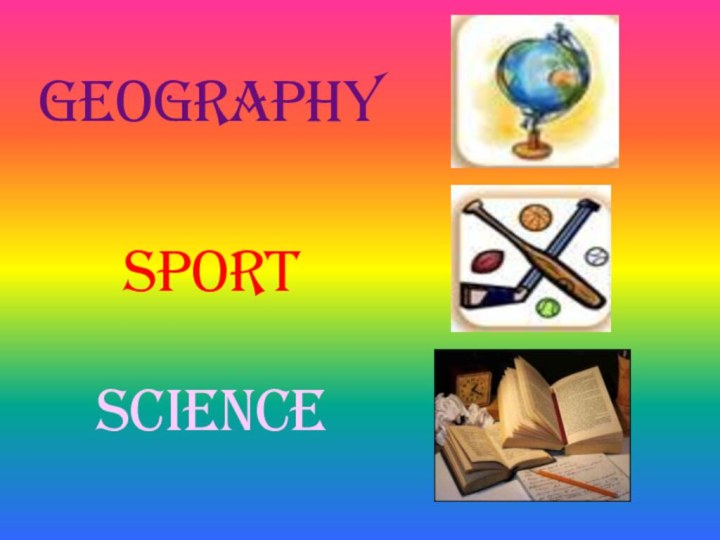
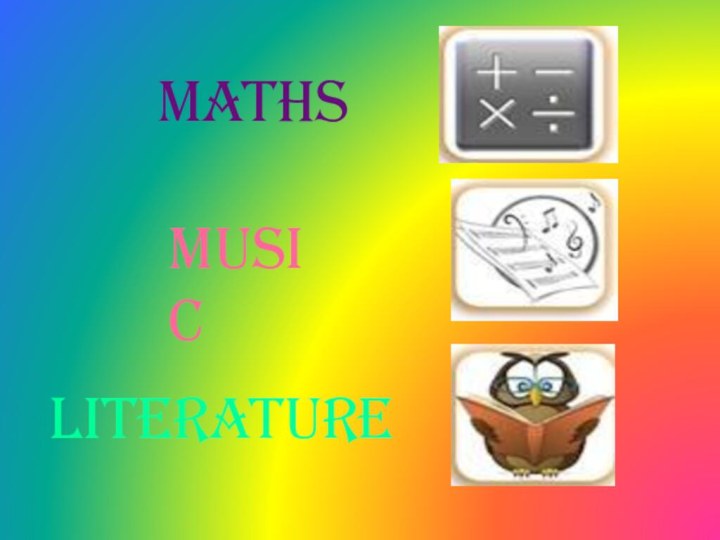

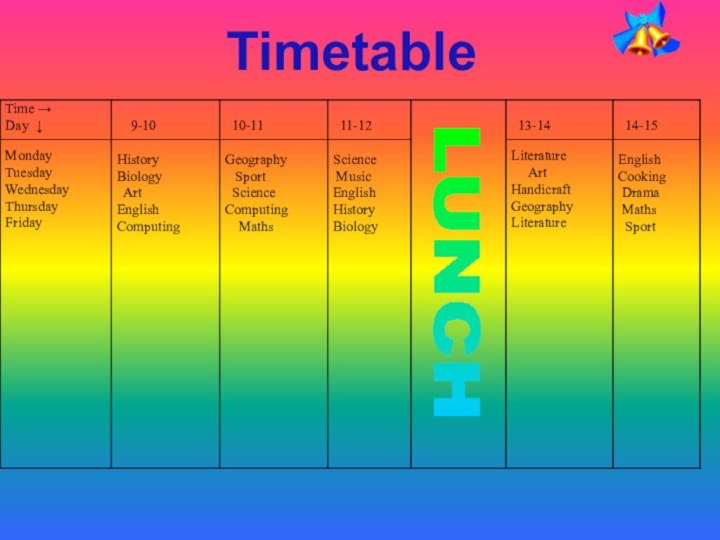

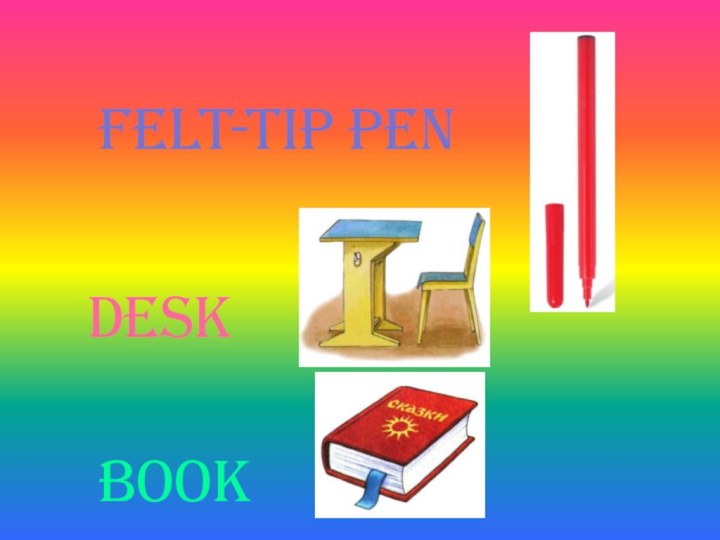




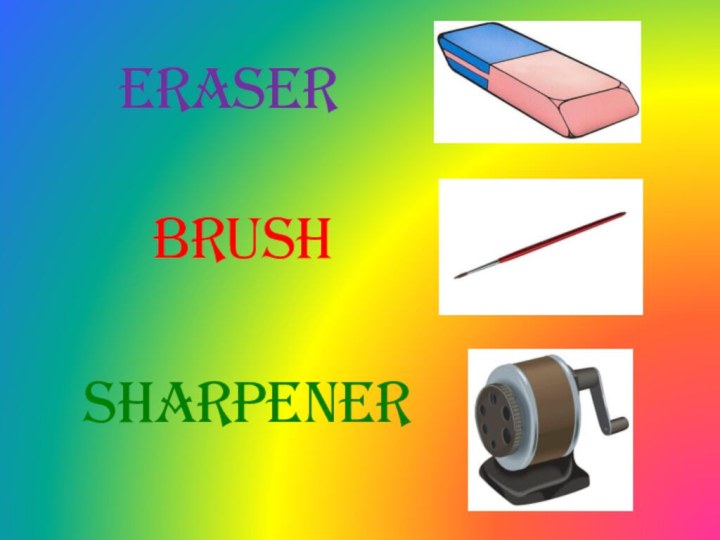




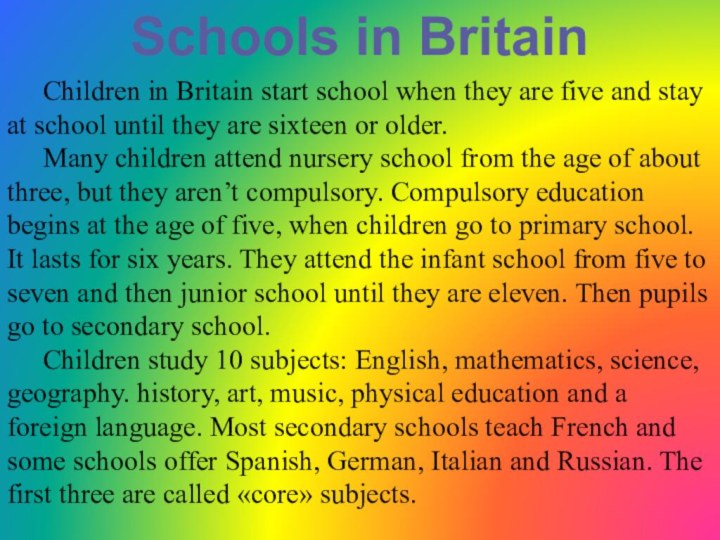
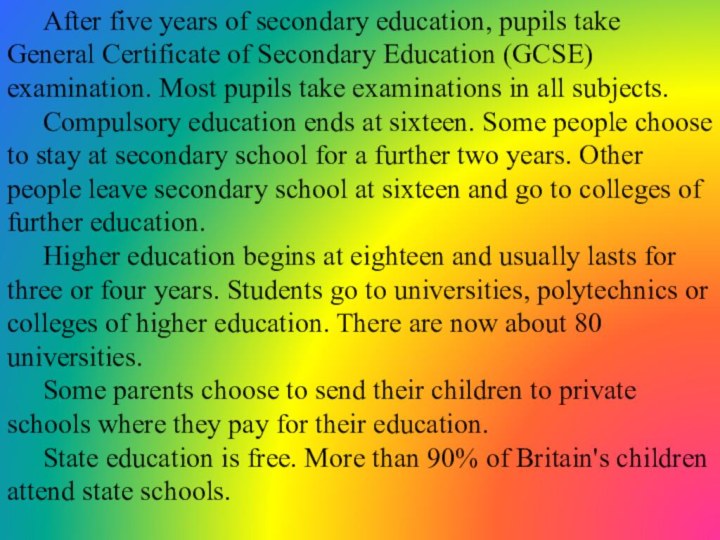
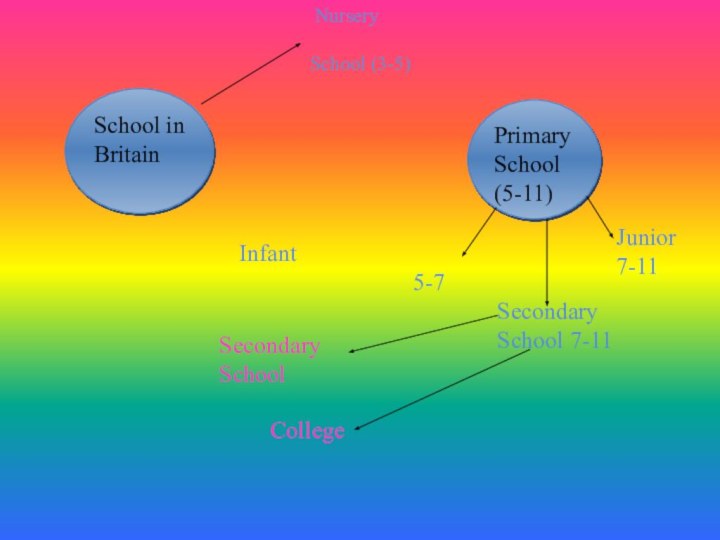

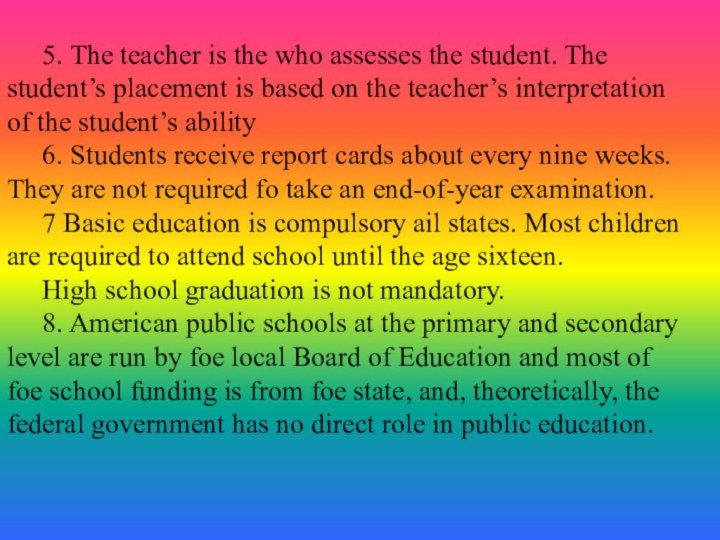



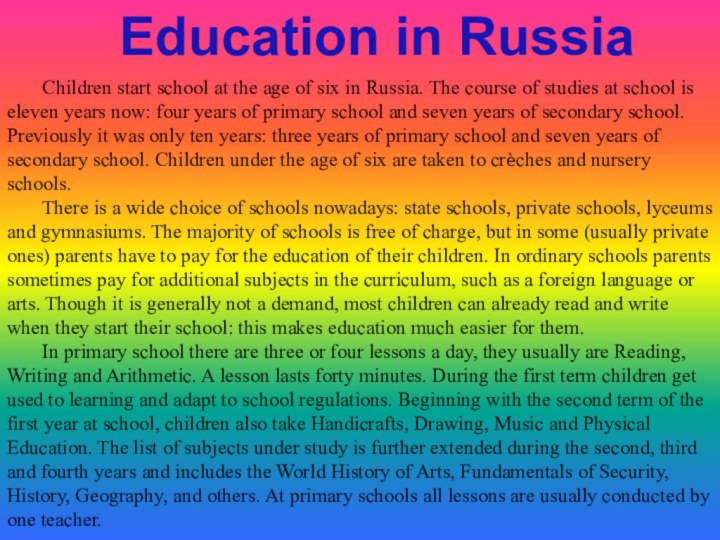
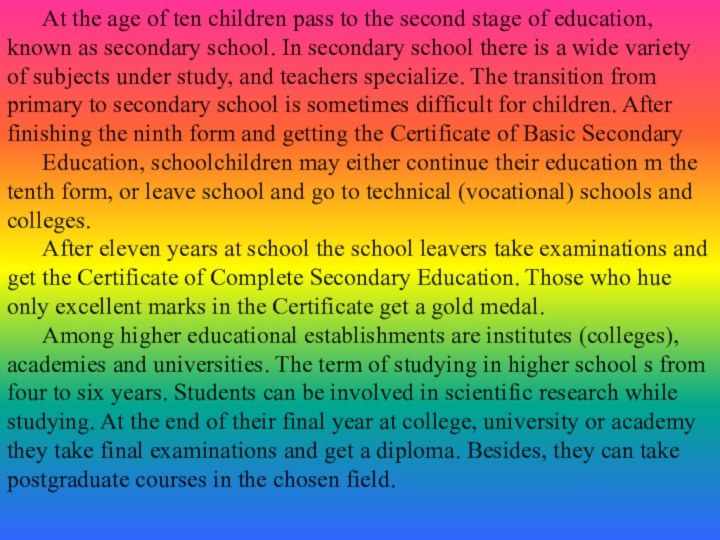







SCHOOL
OFFICES
Junior high
4 Year olds
6 th Grade
1 st Grade
1 st Grade
5 Year Olds
2/3 combo
Young 2s
7 th Grade
Older 3s
5 th Grade
4 th Grade
Canteen N REST
ROOMS
AUDITIORIUM
w e
Rest Rest
Rooms Rooms
s
FOYER
Linoleum floor
Des k
Des k
Des k
Des k
Des k
Des k
Des k
Des k
Des k
Des k
Des k
Des k
Des k
Des k
Des k
Des k
Des k
Window
window
Art center
Art center
Bulletin boared
games
blocks
blocks
books
carpeting
Des k
Des k
Des k
Des k
Des k
Infant
5-7
Junior
7-11
Secondary
School 7-11
Secondary
School
College
The American School System
1. The American school system is divided into four levels: elementary, junior high school, high school and college. The first three are compulsion, foe fourth is optional.
2. Elementary school goes from kindergarten to fifth grade (6-10). Junior high school goes froth sixth to eighth grade (11-13). High school normally lasts for four years, from grades nine to twelve (14-18)
3. Student have to pass at the end of each school year in order grade level must complete the set if objectives which are required by the state
4. In theory, if the don’t complete these objectives, they may be required to do the same year again. In practice less than 5 per cent of students have to repeat the year
5. The teacher is the who assesses the student. The student’s placement is based on the teacher’s interpretation of the student’s ability
6. Students receive report cards about every nine weeks. They are not required fo take an end-of-year examination.
7 Basic education is compulsory ail states. Most children are required to attend school until the age sixteen.
High school graduation is not mandatory.
8. American public schools at the primary and secondary level are run by foe local Board of Education and most of foe school funding is from foe state, and, theoretically, the federal government has no direct role in public education.
The American School
System
Elementary School
(6-10)
Junior High School (11-13)
High School (14-18)
College
Education in Russia
BOOKS
What worlds of wonders are our books!
As one opens them and looks,
New ideas and people rise
In our fancies and our eyes,
The room we sit in melts away,
And we find ourselves at play
With someone who, before the end,
May become our chosen friend.
SCHOOL IS OVER!
School is over,
Oh, what fun!
Lessons finished,
Play degun.
Who’ll run fastest.
You or I?
Who’ll laugh loudest?
Let us try.
The United Nations Convention on the Right of the Child
All children have the right to non-discrimination.
Children have the right to life.
All children have the right to name and nationality at birth (при рождении)
Children have the right to express their views.
Children have the right to meet other people.
Children have the right to privacy.
Children have the right to information.
Children have the right to protection.
Disabled children have the right to take a full and active part in everyday life.
Children have the right to health and health care.
Children have the right to education and development.
Children have the right to leisure.